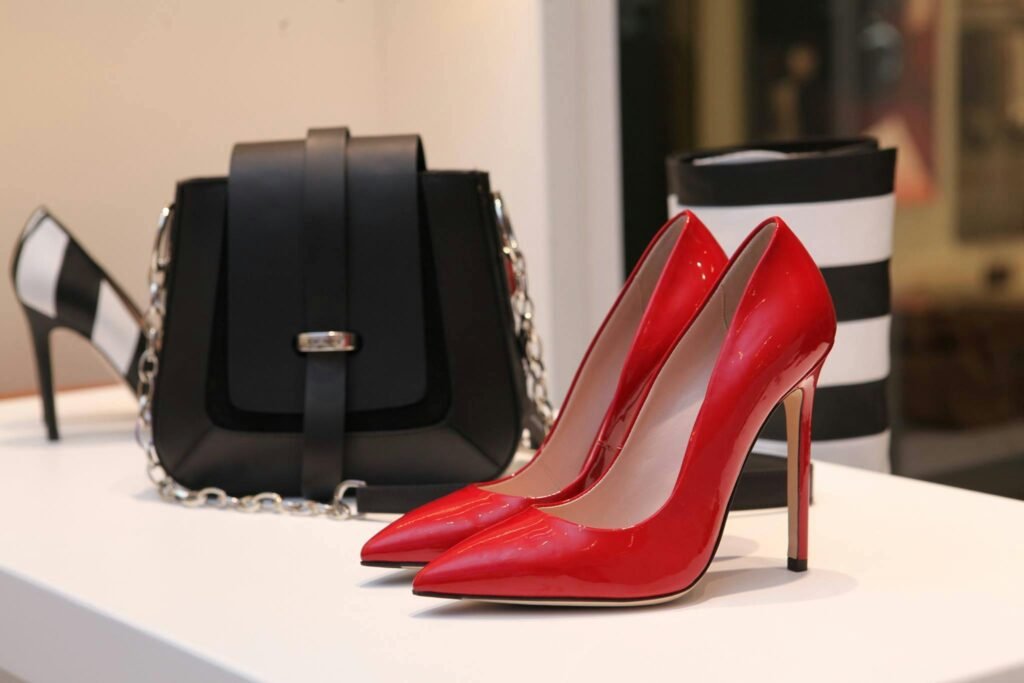In 2025, fashion is more than just about fabric; it will also be about algorithms, online presence, and experience. As consumers have started interacting more with brands through social media, e-commerce platforms, and virtual experiences, the task of a Digital Fashion Agency has taken center stage in brand success. A dedicated agency will make sure that fashion labels remain culturally relevant, tech-savvy, and digitally nimble, which is a bare necessity in a market where trends can become viral in the blink of an eye and consumer demands change within a second.
Fashion companies that have used either traditional marketing firms or internally-staffed digital divisions to build their brands are waking up to the fact that they can only achieve the depth, data, and design-driven skills required to succeed in 2025 through a specialized Digital Fashion Agency.
The Emergence of the Digital Fashion Ecosystem
The fashion industry has digitalized not only in marketing. Nowadays, thanks to AI, AI-assisted fashion designers, virtual fitting rooms, NFT clothing releases, and augmented reality (AR), fashion shows appear vastly different from a few years ago. The report by McKinsey explains that 71 % of fashion executives regard digital channels as their number one choice for engaging customers.
Brands require a strategic orientation, too, to navigate this ecosystem. This is delivered through the combination of creative storytelling, performance marketing, influencer strategy, social commerce, and data-driven decision-making by a Digital Fashion Agency.
What Does a Digital Fashion Agency Do?
Understandably, a set of services specializing in the fashion industry is uniquely designed by a specialized Digital Fashion Agency. These include:
Positioning of the Brands in the Digital Environment
Creating a consistent voice, look, and feel across platforms, with a stable and emotional appeal.
Social Media & Influencer Marketing
Use of relevant influencers, running campaigns on Instagram, TikTok, and Pinterest, and the production of content that appeals to fashion-forward customers.
E-Commerce Optimization
Starting with UX/UI design and ending with conversion rate optimization and personalized customer journey.
Fashion Tech
Augmented reality dressing rooms, 3D product imagery, and 3D shopping experiences, which showcase the forward-thinking of brands.
Data-Driven Campaigns – Analytics
With insights in real-time, the ability to make better informed marketing decisions, organize the audience, and quantify ROI, which is important in an industry as dynamic as fashion.
The Reasons Why Generalist Agencies Fall Short
Although generalist marketing agencies could provide acceptable digital services, they do not provide the cultural and aesthetic knowledge required in fashion. Nuance, timing, and visuals are the three aspects that run the fashion industry, and one wrong move on any of these could prove fatal to a brand and its image.
A Digital Fashion Agency is aware of the pace at which fashion trends evolve and the psychology that drives consumer behavior in fashion-related product purchases, as well as the narrative that accompanies the development of brand desirability. It also connects the creative world and business in a manner that most generalist agencies fail to achieve.
Data Meets Design: 2025 Imperative
In 2025, the concept of fashion success will involve more than simply flashy designs, but rather personal moments that are supported by live data. Hyper-targeted advertising campaigns, AI predicting the next micro-trends, or machine learning that helps understand garment lifecycle better — all of this becomes possible in the world of data, which is now the new cloth of fashion.
The highest level of Digital Fashion Agency works with data not only as pivotal to advertisement optimization, but as the source of creative impulse. The understanding of the buyer behavior, level of engagement, and predictive analytics allows campaigns to be very personal and ambitious.
The Influence of Technology on the Digitalization of Fashion
The digital fashion sphere is evolving to include such fashion elements as AI stylists and chatbots, as well as virtual influencers. The agencies that operate at this point where fashion and technology merge should remain ahead of the game and try out platforms such as Roblox, Spatial, and Instagram AR filters to attract Gen Z and Gen Alpha customers.
This is where agencies such as Onavid add value; they bring fashion sensibility and technological understanding. The strategic, data-first approach to immersive experiences is a key showcase of what a forward-looking Digital Fashion Agency would provide in 2025.
Do You Have a Future-Ready Brand?
As we head towards a digital-first fashion world, the decision is obvious: evolve or be left behind. Partnering with a Digital Fashion Agency is not a luxury anymore; it is a necessity. Such agencies will provide the necessary tools, talent, and technology to be where the consumer is — online, mobile, and fully engulfed in a digital ecosystem.
A focused agency can take you, whether you are an established fashion house or an aspiring D2C brand, to the next level, building a stronger brand bond and reaching a larger population with quantifiable results.
Final Thoughts
Fashion is one of the most dynamic and expressive business fields, and it requires an equally agile, wise, and creative marketing companion. All this means that a Digital Fashion Agency in 2025 is no longer simply a service provider, but a strategic partner that enables fashion brands to compete and remain the leaders in the digital-saturated market.
With the further development of digital innovation, the position of the Digital Fashion Agency is only becoming more primary. To become a brand that remains ahead, this is the time to invest in mastery of art and science, creative and analytical.




